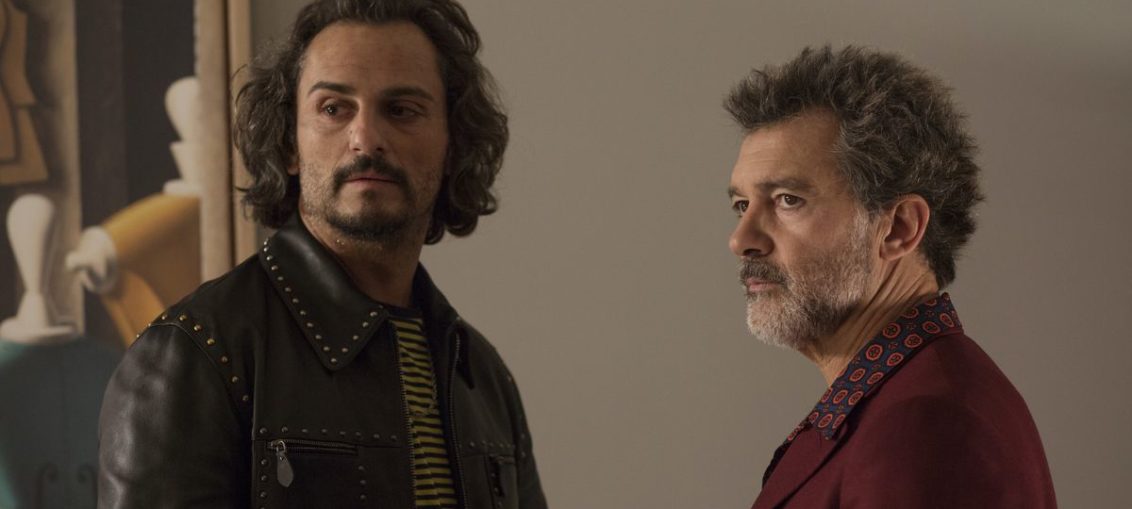
It is the 1960s. A priest at a Catholic college asks a promising new scholar about his tastes within the arts.
“Si, I like the Beatles and cinema,” says the boy, a lot to the chagrin of the priest.
“Here, we’ll develop your tastes and direct them to less pagan subjects,” he says.
Pedro Almodovar’s lovely and deeply private “Pain and Glory” is stuffed with good little moments like that — moments that make us smile, moments that make us choke up somewhat, moments that resonate.
CST_ CST_ CST_ CST_ CST_ CST_ CST_ CST_
Moments popping with attractive, vibrant colours. (I can’t recall the final time I noticed so many putting shades of purple.) Almodovar’s stylized and meta slice of self-representation is as visually gorgeous as it’s emotionally efficient.
Antonio Banderas delivers what would possibly simply be the efficiency of his profession as Salvador Mallo, a movie director who loved nice success a long time in the past however hasn’t labored in years. Now in his late center age, Salvador lives alone in Madrid, tormented by so many illnesses, from debilitating spinal points to tinnitus to migraines to excruciating muscle and joint pains to melancholy and crippling nervousness, we get animated sequences detailing Salvador’s medical historical past.
Some 32 years in the past, through the making of what would develop into one in every of Salvador’s signature movies, he had a bitter falling-out together with his main man, Alberto (Asier Etxeandia) over Alberto’s heroin-fueled, over-the-top efficiency. They haven’t spoken since — however with a theater about to point out a restored model of the film, adopted by a Q-and-A with Salvador, he reaches out to Alberto.
Like Salvador, Alberto is gone his prime, although he’s nonetheless fairly common in sure pockets. (“I don’t understand why they like me so much in Iceland,” he notes.) He’s nonetheless doing heroin, which Salvador has by no means tried — till now.
Highly questionable choice, Salvador.
As Salvador and Alberto hash out their grievances, and Salvador tends to his dying, prickly mom (Julieta Serrano), who tells Salvador, “You [were never] a good son,” we sometimes flash again to Salvador’s childhood within the provincial, working-class village of Valencia within the 1960s, with Asier Flores doing positive work as younger Salvador, and Penelope Cruz (like Banderas, an Almodovar mainstay) delivering a nomination-quality efficiency as his mom. She’s stuffed with fierce, protecting love for her gifted son and is decided to do every little thing to assist him attain his potential, however she’s additionally susceptible to indulging in her martyr advanced and railing towards one injustice or one other. (Not that a few of her gripes aren’t fairly respectable).
“Pain and Glory” is stuffed with memorable observations, as when Alberto says, “Addiction is slavery,” or when a personality notes, “Maybe love can move mountains. But it isn’t enough to save the person you love.” There’s a beautiful sequence within the flashback interval when younger Salvador teaches an area handyman learn and write. Salvador’s reunion with the love of his life is depicted with tenderness and heat.
So many small, comparatively muted scenes, including as much as a beautiful reminiscence piece with some precious insights concerning the massive image.
CST_ Sign up for the Entertainment Newsletter